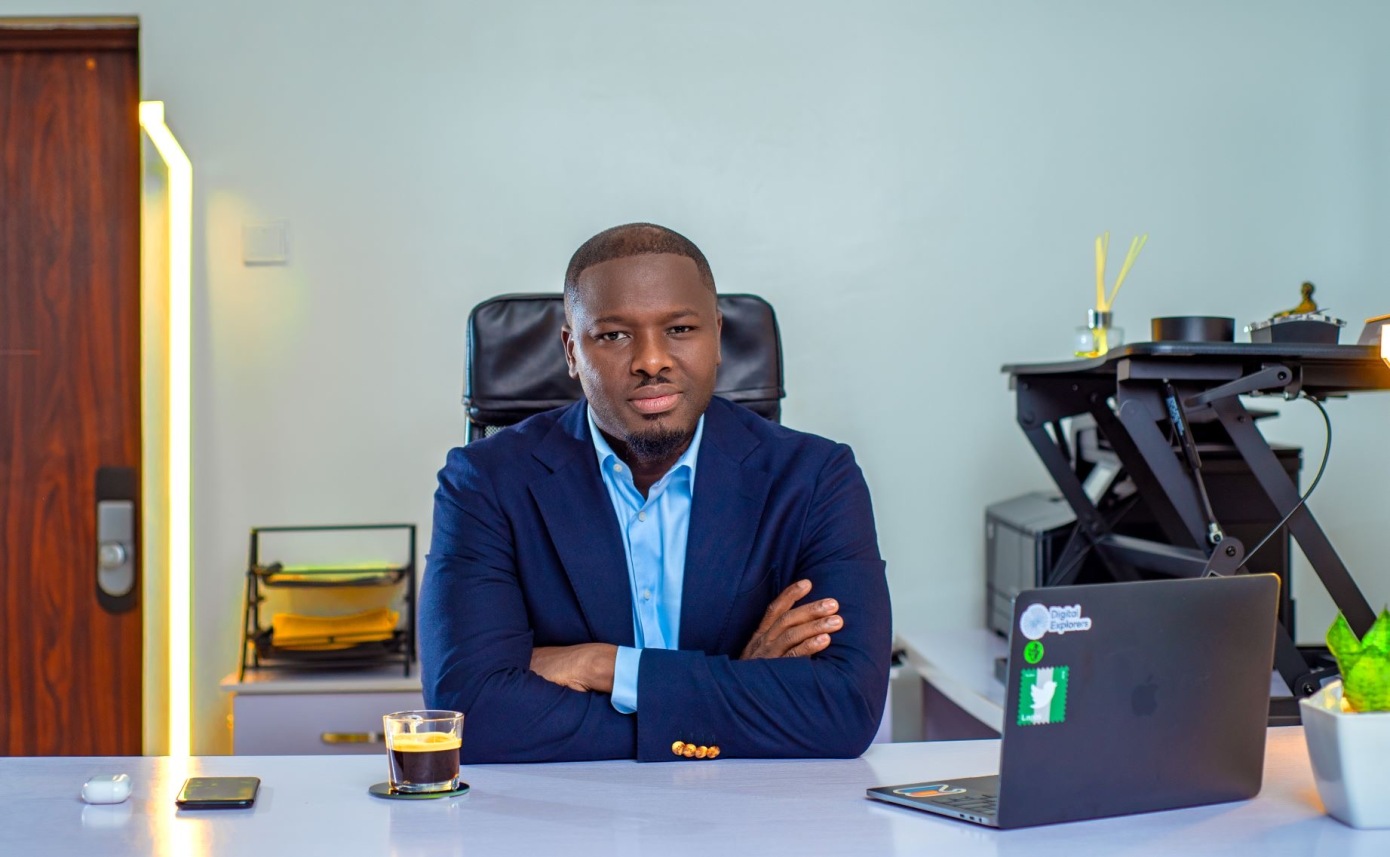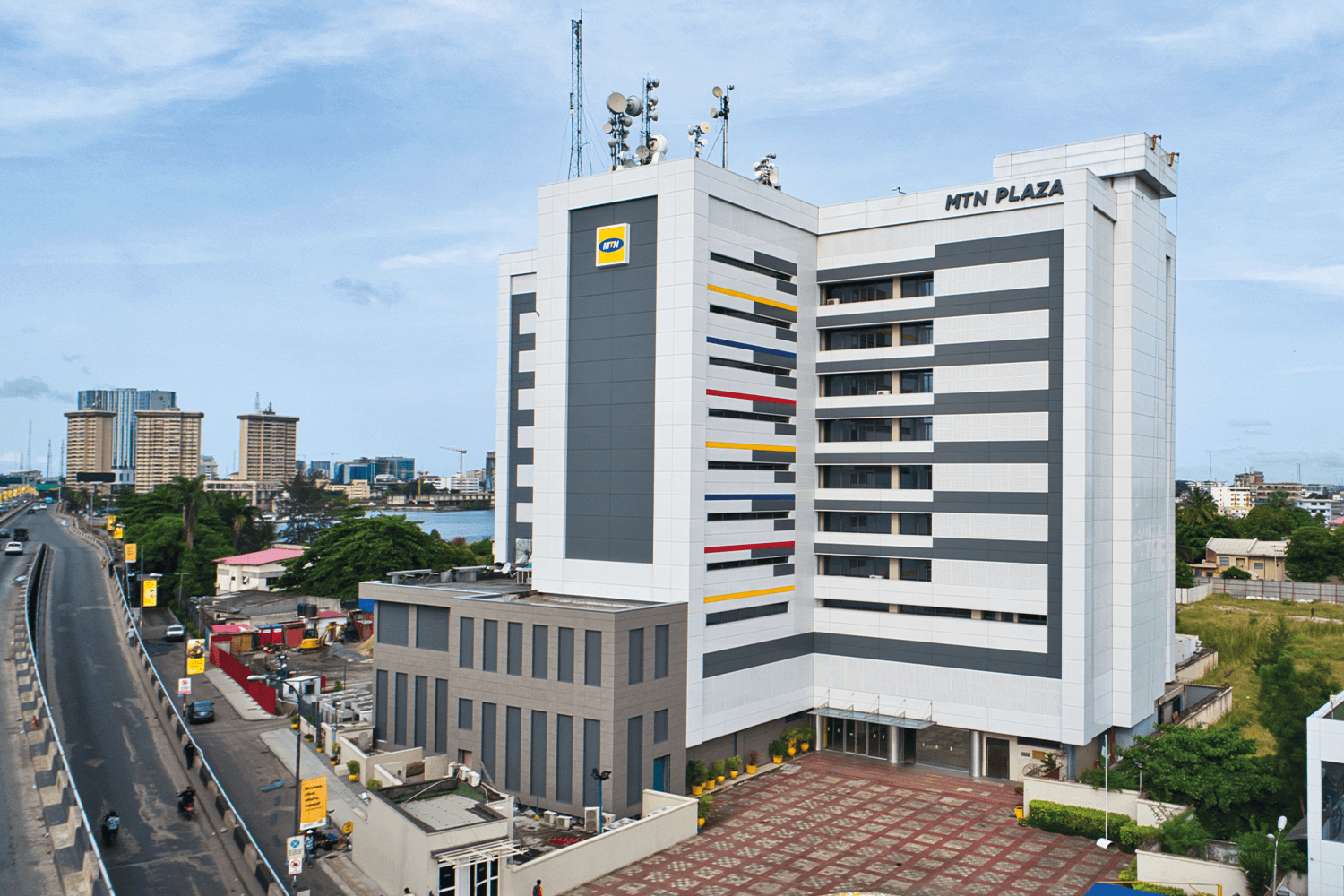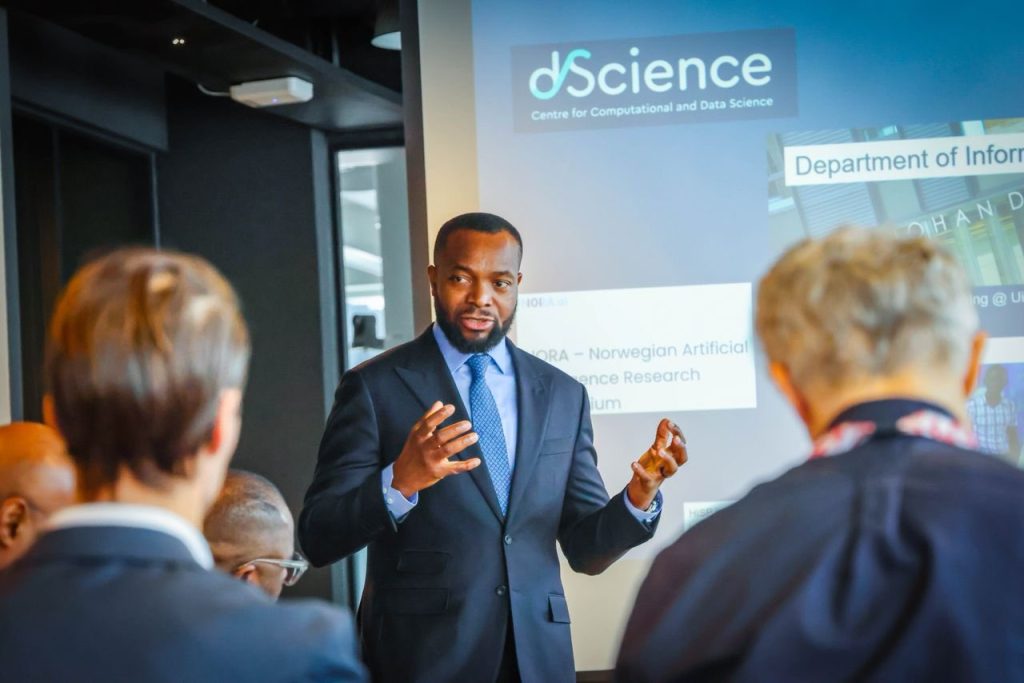As far back as 2005, Kola Aina knew he wanted to invest in companies. He even registered a company name after his MBA program—one which he’s too embarrassed to share and ended up not using. After a number of rejections, unreplied messages, and bootstrapping his first business, Kola Aina launched Ventures Platform, an early-stage pan-African VC firm, in 2016.
Today, Ventures Platform, announced a $40m fund for African tech startups. The new fund which has reached the first close is being led by the Nigeria Sovereign Investment Authority (NSIA).
The fund features participation from experienced investors and some new leading names in Africa’s technology and corporate ecosystem,, including UAC Nigeria, VFD Group, Gbenga Oyebode, Paystack CEO Shola Akinlade, as well as global investors like Y Combinator CEO Michael Seibel, and Adam Draper. A sizable portion of the fund comes from local partners, Ventures Platform told TechCabal.
Since its launch in 2016, Ventures Platform has backed almost 70 startups including Seamless HR, PiggyVest, Mono, and Paystack—which Stripe acquired in October 2020 for over $200m.
This new fund will allow Ventures Platform to significantly deepen its long-standing presence in Nigeria and West Africa while also investing in select companies in East, North and Francophone Africa that are able to expand across the continent.
“Prior to this fund, we could only write one cheque, then introduce the entrepreneur to our network of investors for a follow-on round. Now we’re not only able to write their first cheque but also write follow-on rounds for our companies,” Kola Aina, founder and General Partner at Ventures Platform, told TechCabal.
This new capital injection will enable Ventures Platform to double down on existing investments in its category-leading portfolio via subsequent rounds. Aina believes that being able to double down on existing investments means they can assure startups that they have a long-term capital partner. It also helps Ventures Platform defend their ownership stake in the companies, as they can participate in the upside they helped build, which is important from a returns perspective.
As part of a move to further deepen its expertise, Ventures Platform has also onboarded leading figures across African tech as Venture Partners, including Seni Sulyman (ex-VP at Andela, founder at Black Ops.)
“We’re very bullish about the market; it’s about the entrepreneur first. Across our portfolio, we now have two companies whose entrepreneurs we’ve funded twice. We funded their first project, it didn’t work; we’ve funded them again,” Aina said.
Aina has a heart for entrepreneurs as he’d been one before becoming an investor.
Fascinated by the power of capital
“I was just always fascinated by the power of capital. I always wanted to end up being an investor, even when it wasn’t popular.”
What attracted Aina to investing? It was the notion of giving people money and seeing them build something meaningful with it.
In 2009, Aina moved back from the US to Nigeria and co-founded Emerging Platforms, a software company. Initially, they had some customers willing to pay, but the business needed funding. They tried to raise funds but faced rejection at every corner.
“We wrote a letter to every bank in Nigeria, got introductions but everyone said no. So, we went back to the drawing board and bootstrapped the business.”
The harrowing experience of fundraising stayed with Aina and ignited the desire to change how people got access to capital in Africa.
Making new mistakes
Fortunately, the bootstrapped business thrived and Aina started angel investing in 2014. Two years later, he had an epiphany that waiting for the government and donors to solve society’s problems was pointless. A better alternative was to find and fund young people using technology to solve these problems.
Inspired by Silicon Valley-esque accelerators, Ventures Platform was born in 2016. The initial approach was to get the best entrepreneurs from across Africa to fly into a campus in Abuja for a 16-week acceleration program. They were paired with investors, team members, capital, and mentors.
“Obviously everyone told us acceleration is too difficult to do in Africa, but we told them we’ll make new mistakes.”
While making new mistakes, they also got a few things right. One of the things Ventures Platform did then that was pioneering and different was that it was fully transparent with its terms of investing in startups. It offered $20,000 for 10% equity.
“At that time it was one of the fairer deals out there,” Aina said.
This transparency helped ventures attract talents like Kayode Oyewole, partner at Ventures Platform and Fola Olatunji-David, who later left the firm to become Head of Startup Success and Service at Google. Aina also believes that sharing the firm’s manifesto helped move the market forward in setting the terms of evaluation for pre-seed companies in Africa.
Alongside the accelerator, Aina continued investing and got to invest in startups like Paystack, Kudi, Kangbe (now Reliance HMO), Printivo and Tizeti.
After the first year, Aina and his team saw that the accelerator wasn’t ideal for the continent, so they pivoted to an early-stage fund model.
“With people living together on campus, you’re not just investing and helping people scale their businesses, you’re also dealing with personalities. It was almost like the Big Brother House but for investing.”
Notably, the initial capital used to run the accelerator and invest in startups was Aina’s personal funds. He had to have a conversation with his wife telling her that he needed to raid their savings to support startups.
“We did over a million dollars in investments in the early days. But, in retrospect, that was a smart decision because it helped us show a track record.“
By late 2017, Ventures Platform started raising external capital: syndicate funds. This happened because people who were impressed with the performance of the firm’s portfolio companies wanted to invest in Ventures Platform.
The syndicate style investments continued until mid last year when Aina felt it was time for Ventures Platform to start working on raising its first institutional fund.
Why did he wait this long to raise an institutional fund?
“I wanted to see evidence that there’s liquidity in this market before I raised an institutional fund. Startups are not just about inspiration or motivational talk. It’s real business. Startup founders sometimes forget that I have to return money to my investors.”
Why $40m matters
2021 has been a record year for African startups as they’ve raised over $4 billion so far. It’s easy to see $40m, in an era where $100m raises are the new normal and wonder “What difference does $40m make?”
Aina believes that while the increase in capital inflow is important, the venture capital space needs to be seen as a continuum. For him, Venture Platforms’ role is to find companies early and support them along the way as they gain product-market fit and look to scale.
“There was a period when a company raising $500,000 was huge. Five years ago, you could count the number of local funds in the market. I think it’s day one for this fund. We must not get ahead of ourselves. We want to stay disciplined. We’re very clear about our thesis and are staying grounded to it.”




















